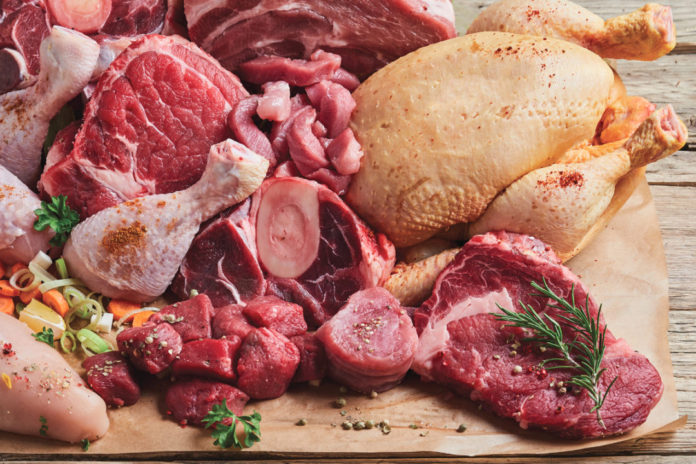Meat products has earned Tanzania US $36 million (79.2bn-/) in foreign exchange. The Registrar of Tanzania Meat Board (TMB), Dr Daniel Mushi, gave the statistics and said the country exported 9,000 metric tonnes of meat products to the Middle East during the fiscal year 2020/2021.
Dr Mushi said the country still has a potential of producing more meat products for local consumption and exports since the country is endowed with many domesticated animals including cattle, goats and sheep.
Available statistics shows that Qatar was the leading export market of meat products from Tanzania at 40% followed by Oman. However, the Registrar expressed concerns that consumption of chicken meat in Tanzania is still low at 15 kilogrammes per capita against the recommendation by the United Nation’s Food and Agriculture Organization (FAO) of 50 kilogrammes per capita.
Public awareness
“There are about 90 million chickens in the country and thus a potential for providing nutritious food and provision of jobs to majority of Tanzanians. Rearing of chicken is not as complicated since it takes a small area and one can just raise the birds in the backyard of his/her house unlike other animals which require a large piece of land,” he observed.
The Registrar noted further that the board aims at rolling festivals to various parts of the country in which it will provide public awareness on increasing production through high quality feeding of chicken.
Marketing Manager of Silverlands Tanzania, Ms Mwanamvua Shamte Ngocho, said the Iringa-based company has incubator with a capacity to produce 140,000 chicks per week. She said the company was established in 2013 to service Tanzania’s growing demand for quality poultry products.
“Silverlands growth is a testament to the demand for quality products at a reasonable price. The company is focused on producing quality chicks and feed for the local farmer to ensure their success. Silverlands produces a range of breeds suitable for different sectors of the poultry market. This allows users to select the bird that best meets the needs of their market,” said Ms Ngocho.








